Description
Dutch Rose “HT”, Dutch Gulab – plant
The Dutch Rose, known for its elegance, large blooms, and captivating fragrance, is a popular rose variety cherished by gardeners and florists alike. This article explores the unique features of the Dutch Rose, ideal growing conditions, care tips, and its uses in gardens and floral arrangements.
Ideal Growing Conditions for Dutch Rose
Soil Requirements
Dutch Roses prefer well-draining, nutrient-rich soil with a slightly acidic pH of 6.0-6.5. Amend clay or sandy soils with organic matter, such as compost, to improve soil structure and drainage.
Sunlight
These roses thrive in full sunlight, requiring at least 6 hours of direct sunlight each day. Adequate sunlight promotes strong, healthy blooms and enhances flower production.
Watering
Keep the soil consistently moist but avoid waterlogging, as roses are prone to root rot in soggy conditions. Water deeply at the base, ensuring moisture reaches the root zone, especially during dry spells or hot weather.
Temperature and Humidity
Dutch Roses grow well in temperate climates. While they can tolerate a range of temperatures, they may need protection in areas with extreme cold or heat.
Planting Dutch Rose
- Choose a Sunny Location: Ensure the planting site receives full sun.
- Prepare the Soil: Dig a hole twice as wide and as deep as the root ball. Mix in organic compost to enrich the soil.
- Planting: Place the rose in the hole with the bud union (graft point) slightly above ground level, then backfill with soil.
- Water Thoroughly: After planting, water deeply to settle the soil and remove air pockets.
- Mulch: Apply a layer of organic mulch around the base to retain moisture, regulate temperature, and prevent weeds.
Care Tips for Dutch Rose
Pruning
Regular pruning helps promote airflow, remove dead or damaged branches, and encourage bushier growth. Prune during late winter or early spring, removing old wood and thinning the center to allow light to penetrate.
Fertilizing
Feed your Dutch Rose with a balanced, slow-release fertilizer in early spring, then follow with monthly applications during the growing season. For healthier blooms, add potassium-rich fertilizers during the flowering phase.
Conclusion
The Dutch Rose is a sophisticated, adaptable rose type that adds beauty, big flowers, and a subtle scent to any garden or floral arrangement. Dutch roses may flourish with the right care, producing beautiful blooms all season long. The Dutch Rose is a gratifying plant that adds classic charm and a touch of refinement to your garden, regardless of your level of gardening experience.


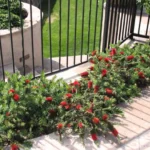






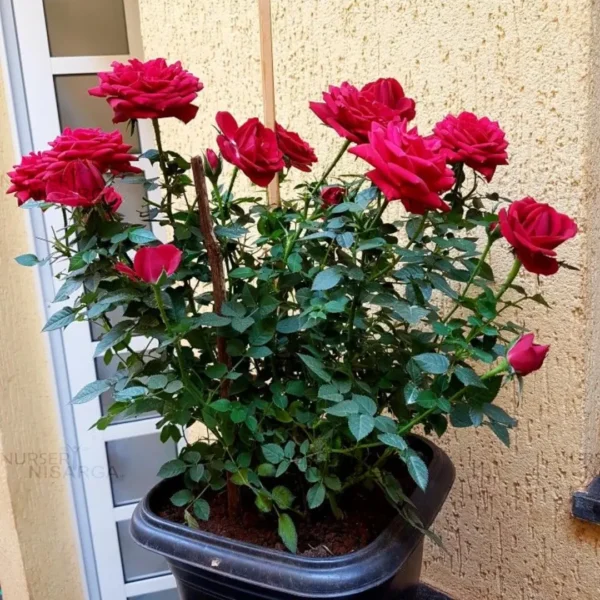







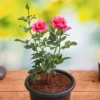
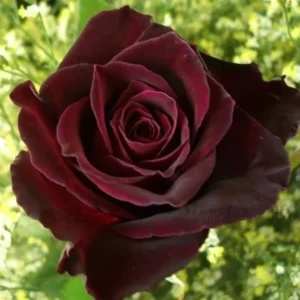
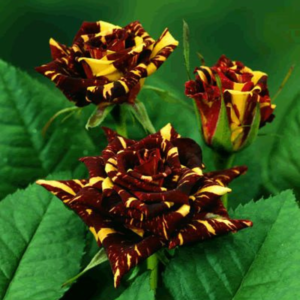
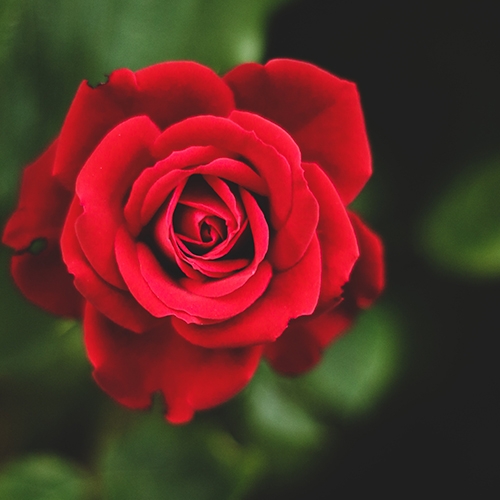
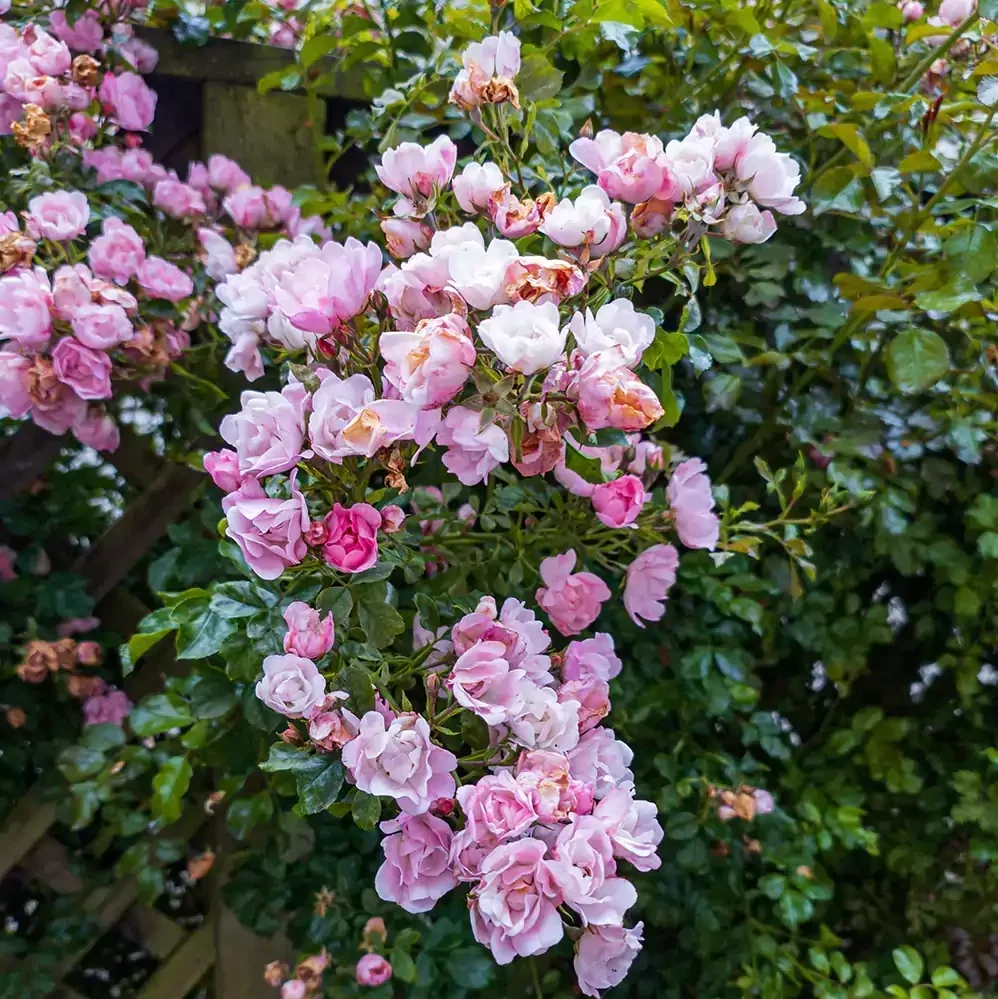
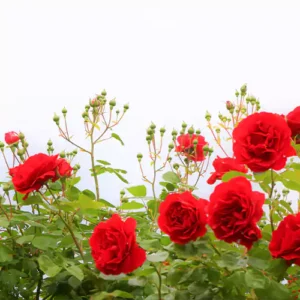
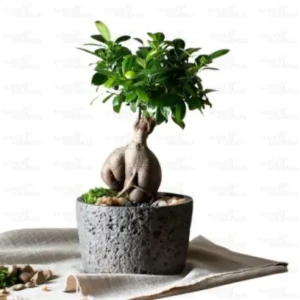
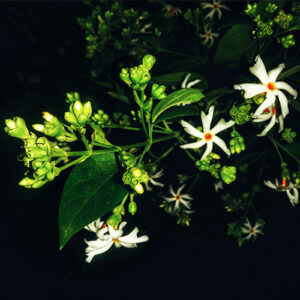
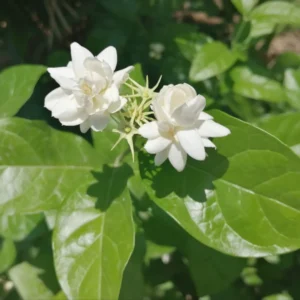

Reviews
There are no reviews yet.